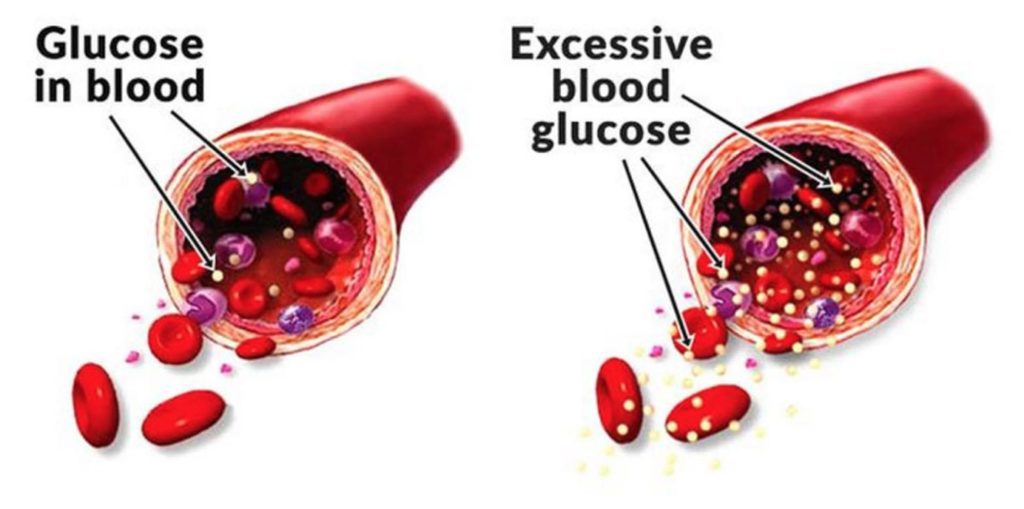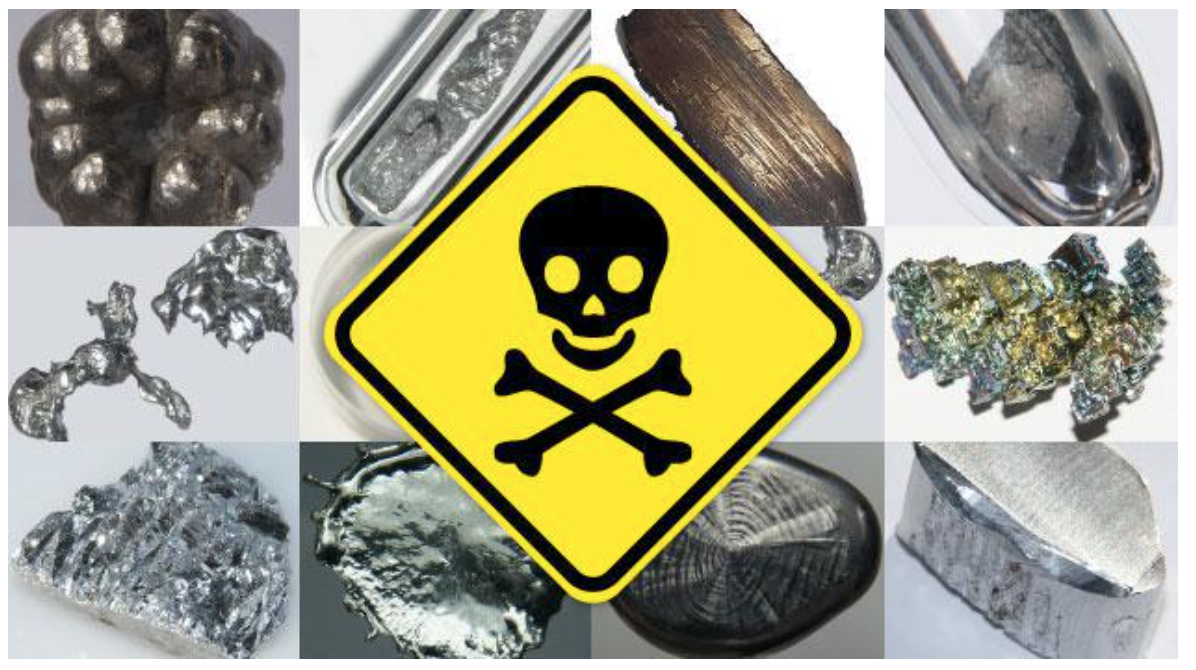Blood Sugar and Stress

A common misconception with stress is that it is an emotional problem, often disguised as anxiety, worry, or depression. When the body is under stress, the adrenal glands trigger the release of glucose stored in various organs, which often leads to elevated levels of glucose in the bloodstream.
Raising blood sugar is important in stressful situations, as the body is told to get its fuel (glucose) levels up in preparation for a lot of physical and mental activity. It is important to be aware that repeated episodes of stress can cause serious changes in blood sugar levels. Constant stress will also cause adrenal fatigue leading to adrenal failure, which is why it is vital to remove stress from your life, especially if you have diabetes.
So what are some things you can do to mitigate stress?
Here are just a few ideas for diffusing some of the stress in your life:
- Keep a positive attitude and work on accepting that there are events that you cannot control.
- Learn to manage your time more effectively.
- Make time for hobbies and interests.
- Don’t rely on alcohol, drugs, or compulsive behaviors to reduce stress. Drugs and alcohol can stress your body even more.
- Seek out social support.
- Spend time with those you love.
- Seek treatment with a psychologist or other mental health professional trained in stress management or biofeedback techniques to learn more healthy ways of dealing with the stress in your life.
Need more practical tips to reduce stress? Download our free ebook!
Are blood sugar and blood pressure related?
Blood sugar is the energy your cells use and if those levels get out of a normal balance, they can damage the blood vessels over time. When this occurs, blood vessels eventually lose the ability to stretch and maintain their elasticity. Two out three people with blood sugar challenges also have issues with blood pressure.
Yes they are related. Having a high glucose level in the blood can increase blood pressure and increase the risk of hypertension. Both hypertension and diabetes may have some causes in common and they share some risk factors. 67% of American adults aged 20 and over with self- reported diabetes had blood pressure rates that were greater than 140/9 mm Hg. A combination of high blood pressure and type 2 diabetes is particularly concerning.
There are three ways in which high glucose levels in the blood can increase blood pressure: the blood vessels lose their ability to stretch, the fluid in the body increases (especially if diabetes is already affecting the kidneys) and insulin resistance occurs which can increase the risk of hypertension.

What is blood sugar?
Blood sugar, or glucose, is the main sugar found in your blood. It comes from the food you eat, and is your body’s main source of energy. Your blood carries glucose to all of your body’s cells to use for energy.
The sugar that isn’t needed to fuel your body right away gets stored in cells for later use. Too much sugar in your blood can be harmful.
Type 2 diabetes is a disease that’s characterized by having higher levels of blood sugar than what’s considered within normal limits. Unmanaged diabetes can lead to problems with your heart, kidneys, eyes, and blood vessels.
How does blood sugar regulate?
Most of the time, glucose levels increase after you eat a meal. When blood sugar rises, cells in the pancreas release insulin, causing the body to absorb glucose from the blood and lowering the blood sugar level to normal.
The human body wants blood glucose (blood sugar) maintained in a very narrow range. Insulin and glucagon are the hormones which make this happen. Both insulin and glucagon are secreted from the pancreas, and thus are referred to as pancreatic endocrine hormones. Regulation of blood glucose is largely done through the endocrine hormones of the pancreas, a beautiful balance of hormones achieved through a negative feedback loop. The main hormones of the pancreas that affect blood glucose include insulin, glucagon, somatostatin, and amylin.
Why does blood sugar increase?
Carbohydrates such as rice, pasta, bread etc. can cause blood sugar to rise. When you eat carbs they are broken down into simple sugars. The sugar will then enter the bloodstream, causing your blood sugar level to rise. The pancreas then releases insulin which prompts the cells to absorb sugar from the blood.
Blood sugar spikes occur when your blood sugar rises and then falls sharply after you eat. Over time, your body may not be able to lower blood sugar effectively, which can lead to type 2 diabetes. Diabetes is a rising health problem. In fact, 29 million Americans have diabetes and 25% do not even know that they have it.
When blood sugar is high what are the symptoms?
You will notice a lot of symptoms if your blood sugar is high. Early signs include thirst, headache, trouble concentrating, blurred vision, frequent peeing, fatigue, weight loss, vision changes, skin infection, vaginal infection, slow-healing cuts and sores, nerve damage causing painful cold or insensitive feet, loss of hair, erectile dysfunction, stomach and intestinal problems, damage to blood vessels or kidneys and so on.
Many people with uncontrolled high blood sugar find that they’re hungrier than usual. Fatigue and extreme tiredness are also symptoms of uncontrolled blood sugar. You may notice that your vision isn’t as clear as it used to be and that things may appear a bit blurry. High blood sugar levels can lead to swollen lenses in your eye from fluid leaking in. Cuts, scrapes, bruises, and other wounds heal more slowly in the presence of uncontrolled blood sugar.
As mentioned, uncontrolled blood sugar can cause nerve damage, also known as diabetic neuropathy. Blisters, infections, dryness, itchiness, discolorations, and abnormalities of the skin can all be warning signs of high blood sugar. Hyperglycemia may lead to more frequent genital yeast infections.
How does poor circulation affect blood sugar?
If someone has poor blood circulation it will lead to plaque forming in the blood vessels rendering them unable to deliver sufficient amounts of blood to neighboring cells and that can lead to raised blood sugar levels.
Fortunately, there are simple, tried and tested ways of improving blood flow around the body. From general lifestyle changes to acute therapies, understanding how to support your circulation is a key part of maintaining healthy blood pressure and blood sugar levels.
Need help managing your blood sugar? Want to treat your diabetes at home? Contact us today for help with your treatment plan.
Call/Text: 214-210-7156
Email: info@doctormeandyou.com
website: healinghousedoctor.com


